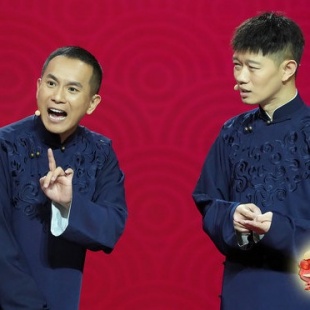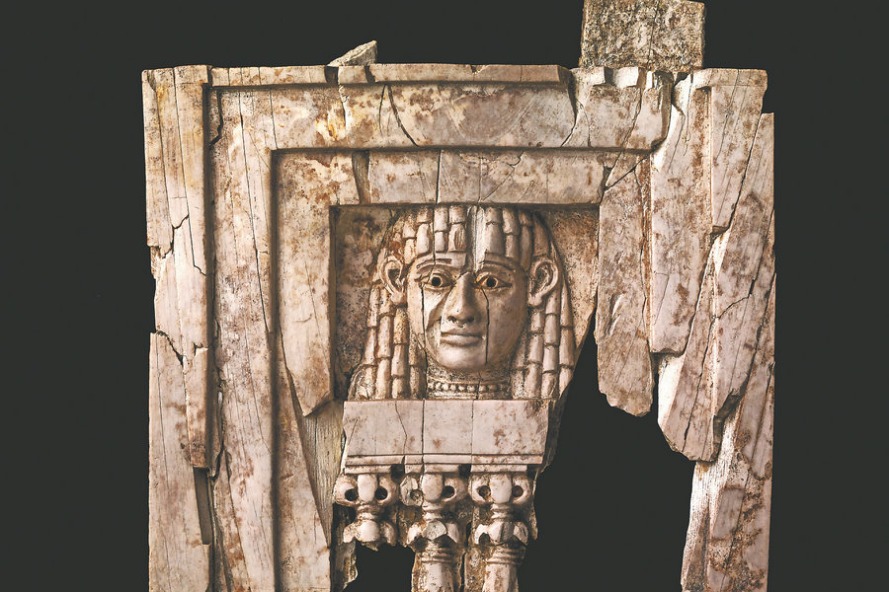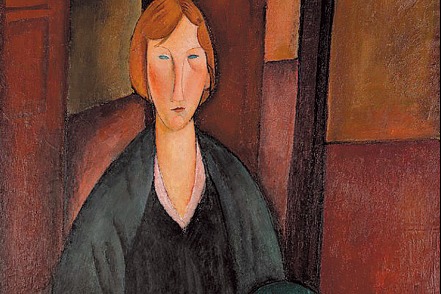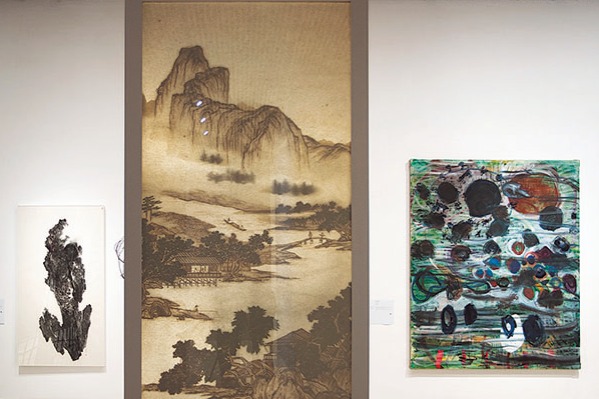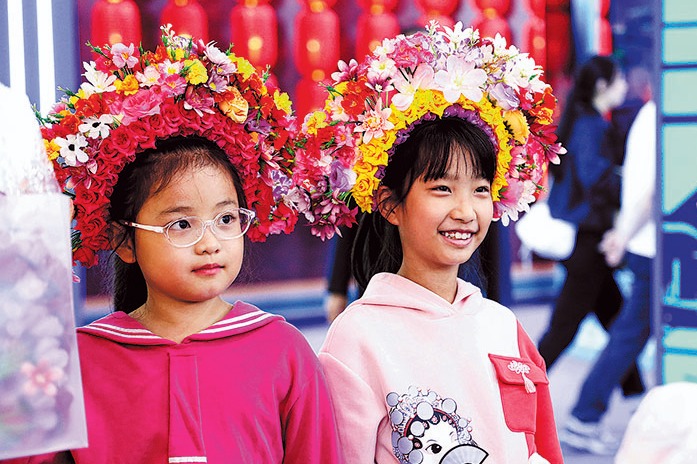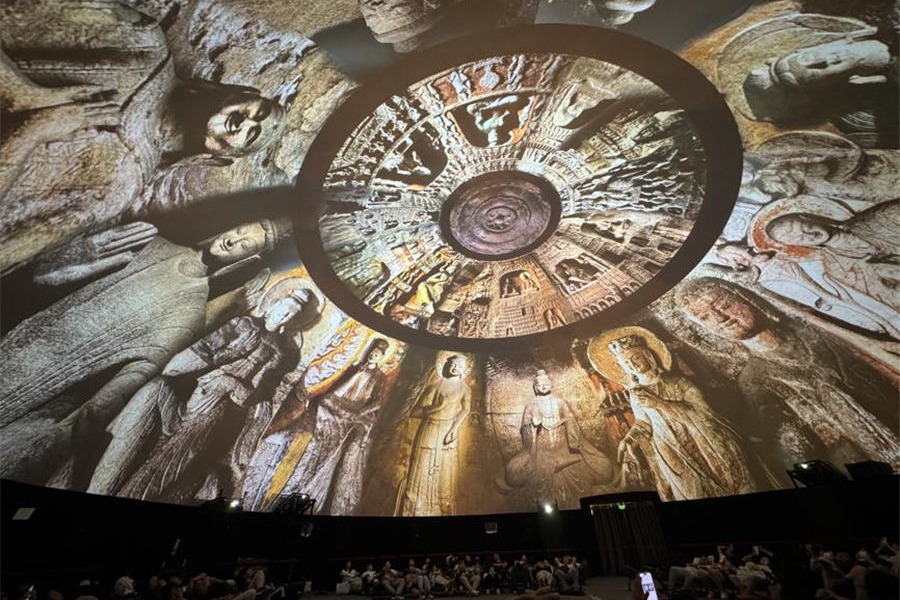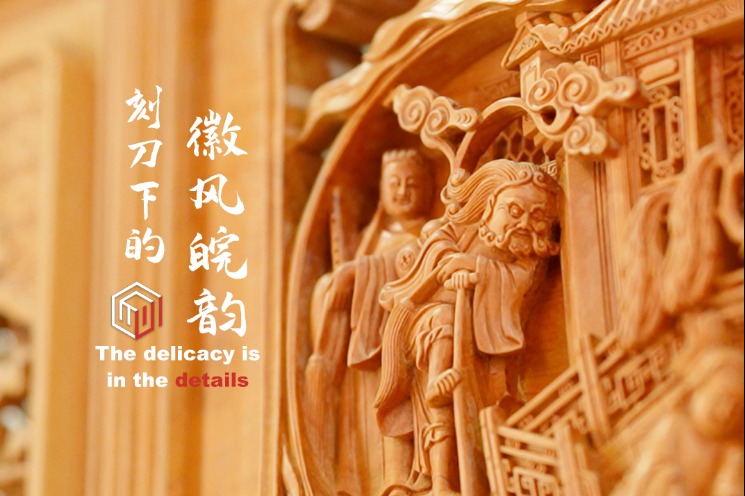Cross-talk shows set to appeal young audiences

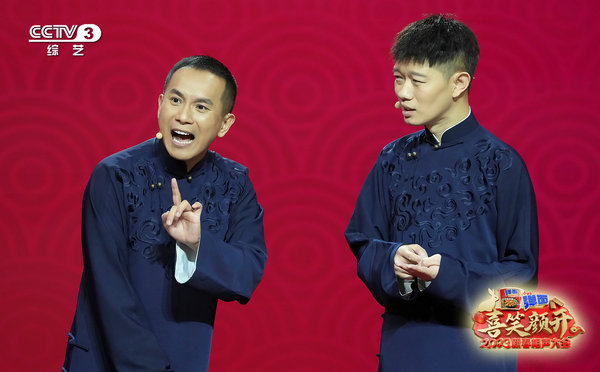
Xiangsheng, or cross-talk, is one of the most popular comic performances in China, appealing to people of all ages and from different walks of life.
It first appeared during the Ming Dynasty (1368-1644) and performed mainly in Beijing dialect. Combining puns, allusions and banter with storytelling, xiangsheng is essentially known for its humorous and satirical nature. It could be a comedic monologue, dialogue or multiplayer sketch.
A group of young xiangsheng performers, including Chen Yinquan and Hou Zhenpeng, gathered in Beijing on Sept 28, announcing their new works which will be staged in the capital.
According to Chen, the new works will be rooted in the four key skills of the old art form — shuo (talking), xue (imitating), dou (teasing) and chang (singing). Ordinary people's daily lives will be highlighted in the new works, especially young people's lives, hoping to appeal to the younger generation.
"Xiangsheng performers in the past typically came from a humble background, starting off as street performers. They performed in teahouses and small restaurants. With the appearing of TV and radios, they reached more audiences," says Chen. "Now, small theaters are very popular among young people, where they enjoy avant-garde plays and stand-up comedy shows. We want to bring xiangsheng to those venues, offering them with an immersive experience by performing among the audiences."
Besides original works, some classic xiangsheng works will also be renewed.


